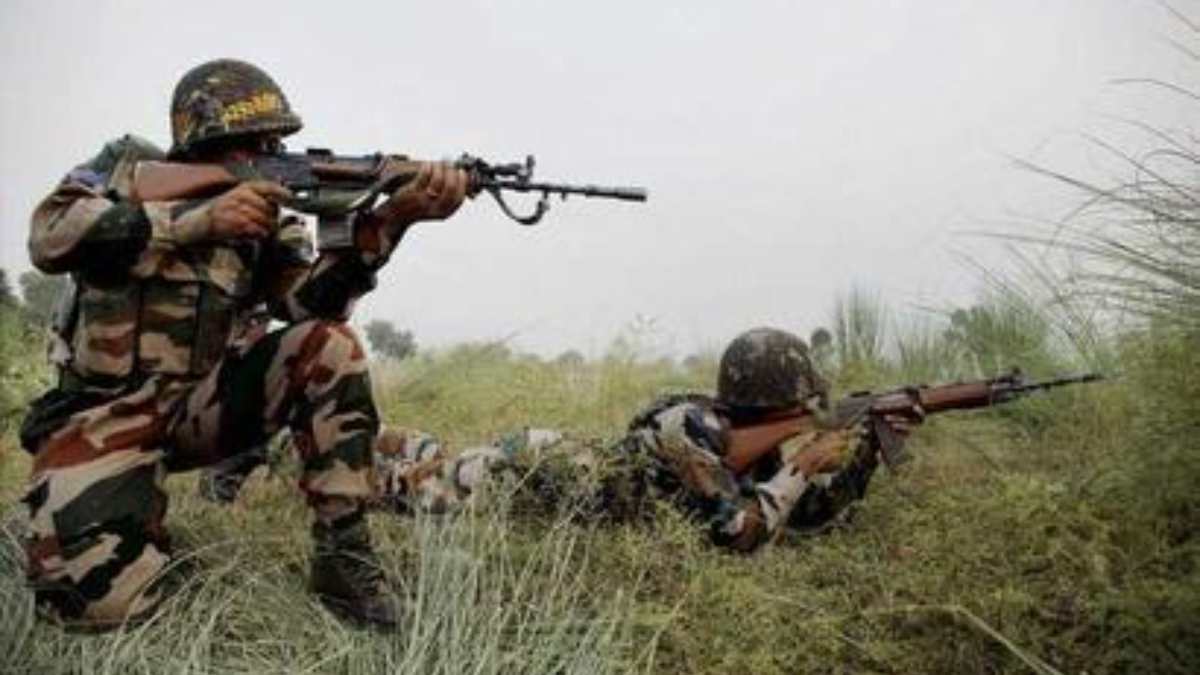Moeed Yusuf later denied that any meeting between him and Ajit Doval was held. This should be taken with a shovel of salt. A meeting did take place at an unknown location.
In the last few weeks, back channel diplomacy by M/s Ajit Doval and S. Jaishankar has led to easing Indo-Pak and Sino-Indian relations. Of course, there is no permanency in such matters. But even minimal improvement in bilateral relations is to be welcomed.
First Indo-Pak. The joint statement issued by India and Pakistan on 25 February on the ceasefire agreement is the result of the secret talks held between National Security Adviser Ajit Doval and Moeed W. Yusuf, Prime Minister Imran Khan’s special assistant on national security and strategic planning. Both sides also used their intelligence agencies. Although Yusuf later denied that any meeting between him and NSA Ajit Doval was held. This should be taken with a shovel of salt. A meeting did take place at an unknown location.
The initial indication that back channels were on track was given by the normally belligerent Pakistani Chief of Army Staff, General Qamar Javed Bajwa, who spoke of the two top commanders, Indian and Pakistani, who had agreed to keep in touch with each other to cover core issues and concerns that had the potential to “disturb the peace and lead to violence”. Earlier he had said the ideal of mutual respect and peaceful coexistence should lead to “extend a hand of peace and goodwill”.
Next, on 5 February, which is Pakistan’s Kashmir Solidarity Day, a toned down statement was issued saying that “The decline in ceasefire violations along the border in Jammu & Kashmir in the last few weeks had not occurred. This is an encouraging development.”
Pakistan did not raise the Kashmir issue at last week’s South Asian Association meeting convened by Prime Minister Narendra Modi on the Covid-19 pandemic. This, indeed, is striking.
India made a special friendly gesture of allowing Prime Minister Imran Khan’s special plane to fly over Indian air space on his way to Sri Lanka. In 2019, Pakistan had denied permission for three Indian VIP flights to use Pakistani air space.
We must keep our fingers crossed for the agreement to last, given the fragility of India-Pak relations which are accident prone.
However the stand of both countries has not altered on Kashmir.
External Affairs Minister S. Jaishankar had met his Chinese counterpart, Wang in Moscow on 10 September 2020. He told Mr Wang that incidents in Ladakh had disrupted Sino-Indian relations. He also asked that China move its troops massed on the LAC, which was contrary to the agreements of 1993 and 1996.
Jaishankar made it clear that “India expected full adherence to all agreements on border, border areas and would not countenance any attempt to change the status quo.”
The first round of disengagement on the northern and southern banks of Pangong Tso (lake) was completed last weekend. The Pangong Tso disengagement was, broadly speaking, the most treacherous.
Talks on Gogra-Hot springs and Depsang will be held soon. The Ministry of External Affairs has said that two sides will aim at mutually acceptable resolution of the remaining issues.
***
At a special celebration on Thursday, President Xi Jinping said that during his eight-year regime, 100 million people had been lifted from poverty. This will be a birthday gift for the Chinese Communist Party which observed the 100th anniversary of its founding.
***
Jamal Khashoggi, a correspondent of the Washington Post was brutally murdered in Istanbul in 2018 by Saudi agents flown to Istanbul to do away with him. It is alleged in an official report prepared by the CIA that the finger points to the Crown Prince, Mohammed Bin Salman for the murder. The Prince denied any involvement.
President Joe Bidden has read the report. He is expected to speak to the Saudi King Salman (not to Crown Prince Salman, who rules the country for all practical purposes). King Salman is 85 years old.
President Biden will alter US policy on Saudi Arabia, scrutinize its human rights record and its role in the Yemen war. He will run his Saudi policy on transitional lines and unlike President Trump not cosy up to the Saudis.
***
Ranjit Sethi joined the IFS in 1963. His fluency in Chinese and French was exceptional. He was a first rate diplomat.
I was distressed and shocked when I learnt that he had committed suicide on Wednesday.

